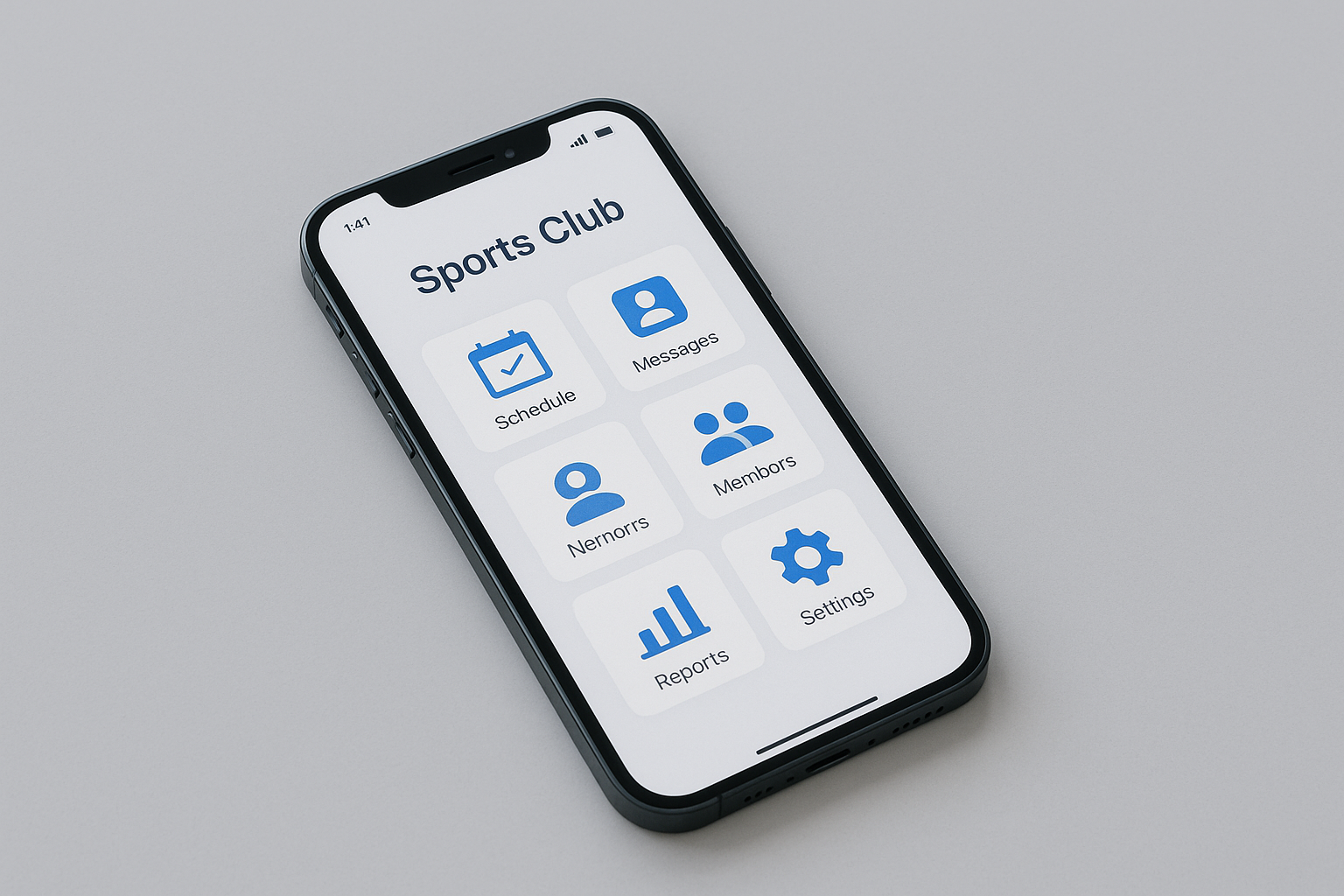Sports fandom has always been about passion, community, and a shared love for the game. However, technology has evolved to affect sports fan culture significantly. It changes how fans connect, celebrate, or engage with their favorite sports and their teams or players.
Now, technology makes things much more accessible and fun. Virtual watch parties, predictive apps, interactive polls, and more thrill the fan community.
Social Media Personalization and Engagement
Personalization is everything in today’s digital age. Businesses and platforms can achieve higher engagement when they offer their customers exemplary service or product. This is why personalization also makes it easy for sports fans to engage with the sports or teams they like the most.
Organizations gather data from fans’ social media, apps, and other software. This gives them insight into what type of content and experiences fans seek. For example, maybe you like betting online on FIFA. Then, you’ll see many betting site ads, promotions on FIFA betting odds, and similar things that align with those you’ve interacted with.
Besides, many sports teams and events are making their presence known through social media. It’s now easy to keep track of your favorite team’s progress or find the schedule of a match you want to watch.
Players with social media can now directly communicate with their fans. This is beneficial for both parties. Players can collect feedback and nurture their fans’ loyalty. On the other hand, players can get a sense of community when their favorite player engages with them.
Some teams have also created apps to ensure fans can get instant updates on the team’s progress. Many sports apps now contain various information. It may include inside scoops, real-time scores, and live game streaming, and even allow fans to buy merchandise and tickets directly through the app.
AI Implementation
Artificial Intelligence (AI) has expanded to multiple industries, including sports management and practice. Fans can now watch sports live or track players’ stats on a second screen.
Many stadiums have installed large scoreboard screens to follow trends and ensure fans get the maximum experience. The screens display live scores and other data, such as players’ records and the team’s performances. That way, fans can feel closer to the game by getting a deeper insight into the format.
AI and machine learning (ML) have enabled sports management to deliver this experience. As AI is capable of collecting a large amount of data and processing it quickly, players can instantly get live updates and insight without manually searching.
Immersive Media Experiences
Technology has made it easier for fans to see what’s happening on the field. However, it has also been helping officials to review close calls. Pylon cams are one example that allows officials to broadcast multiple angles that weren’t possible before the high-tech era. For officials, it’s a helpful feature. For fans, it’s giving a more immersive experience.
The NFL has also been using CGI effects before broadcasts. The aim is to broaden sports’ appeal to a younger demographic so they’ll find it more fun to watch. Networks also provide watch parties, allowing fans to watch the game at home yet receive a stadium-vibe experience.
Interactive Experiences
Fans love meeting their favorites face to face, whether through meet-and-greets or access to a private training session. Now, with technology advancements, organizations can offer more. They can provide virtual events and digital memorabilia that are unique and precious for fans.
Some apps and platforms also use gamification to give fans a more engaging and interactive experience while watching the match. Mobile apps offer live events with real-time challenges, allowing fans to feel like they’re a part of the game.
Formula 1 (F1) is one of the sports that has offered an innovative offering through its app. The app contains real-time data, including car performance, tire choices, and race strategies. The app allows fans to predict the outcome and showcase their racing knowledge. The NBA chose a unique platform, allowing fans to collect, buy, or trade digital collectibles. The NFL also taps into community experience by creating Fantasy Football, where fans can act as coaches. They can build teams, compete, and track their chosen players’ performance, giving them an immersive simulation of the sport.







